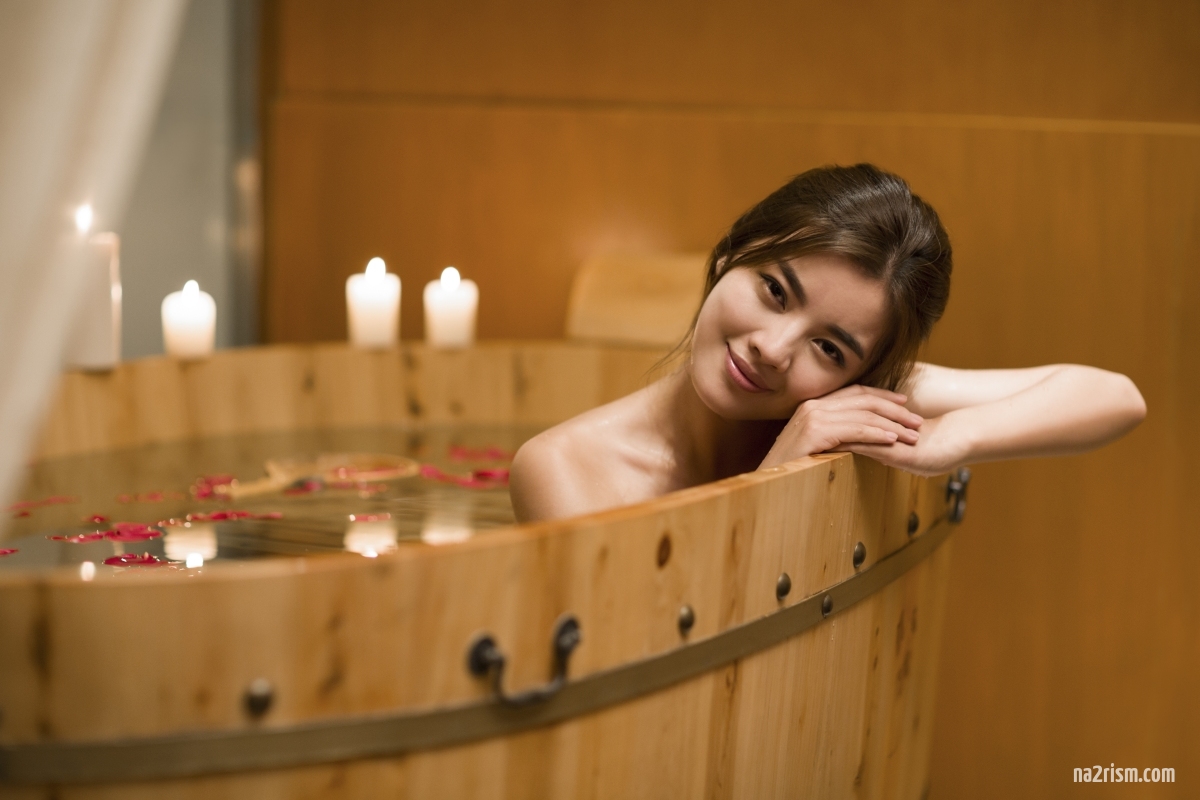Naturist resorts offer a unique environment where individuals and families can enjoy a clothing-free lifestyle in a communal setting. These resorts promote values such as body acceptance, respect for others, and a close connection with nature. To ensure a pleasant experience for all visitors, maintaining excellent personal hygiene is critical. This article will explore various aspects of personal hygiene specific to naturist environments, providing insights and practical tips for guests.
Understanding the importance of hygiene in naturist resorts
In naturist resorts, the absence of clothing eliminates some barriers to cleanliness but also exposes the body more directly to the environment. High standards of personal hygiene contribute to the health and comfort of all guests, preventing the spread of bacteria and infections. Additionally, attention to hygiene demonstrates respect for other guests and helps maintain a positive, welcoming atmosphere.
Daily personal care
Showering. Regular showering is essential at a naturist resort. It is advisable to shower at least twice a day, once in the morning and once in the evening, using a mild, unscented soap. This helps remove sweat, bacteria, and any lotions or oils that could be transferred to communal areas such as pools or saunas.
Skin care. Skin care is particularly important in a naturist setting, where more skin is exposed to the sun and the elements. Use a high-SPF, water-resistant sunscreen to protect against UV rays. After sun exposure, applying aloe vera or a hydrating lotion can help soothe and moisturize the skin, preventing dryness or peeling.
Hair care. Hair should be kept clean and tidy to prevent it from harboring dust, sand, or water from communal areas. For those with long hair, tying it back during swimming or physical activities can minimize the spread of strands in shared spaces.
Special considerations
Foot hygiene. Walking barefoot is common at naturist resorts, which makes foot hygiene crucial. Regular washing and drying of feet, attention to toenails, and the use of antifungal treatments if necessary can prevent infections such as athlete’s foot. In communal showers or pool areas, wearing water-resistant sandals can provide additional protection.
Handling towels. Towels play a unique role in naturist resorts. Always sit on your own towel when using communal furniture and consider carrying a separate towel for drying off after swimming. This practice not only maintains personal cleanliness but also respects the cleanliness of surfaces that come into contact with the skin.
Personal grooming. Personal grooming, including the trimming of body hair, is a matter of personal choice. However, regular grooming can reduce body odor and contribute to overall cleanliness. It’s also polite to ensure that personal grooming is done in private, maintaining the comfort and aesthetics of shared spaces.
Etiquette in communal areas
Showering before using pools or spas. Always take a full shower before entering communal water facilities such as pools or hot tubs. This practice helps keep the water clean and free from contaminants like sweat, oils, or cosmetics.
Maintaining cleanliness in saunas. In saunas, where pores open and sweating is profuse, sitting on a towel is essential. After using the sauna, a cool shower can remove sweat and prevent it from spreading in other communal areas.
Maintaining excellent personal hygiene at naturist resorts is essential for ensuring a comfortable and respectful environment for all guests. By adhering to these practices, visitors can enjoy the liberating experience of naturism while contributing to a healthy, clean, and welcoming community. Remember, good hygiene is not just about personal health; it’s about communal respect and enjoyment.

